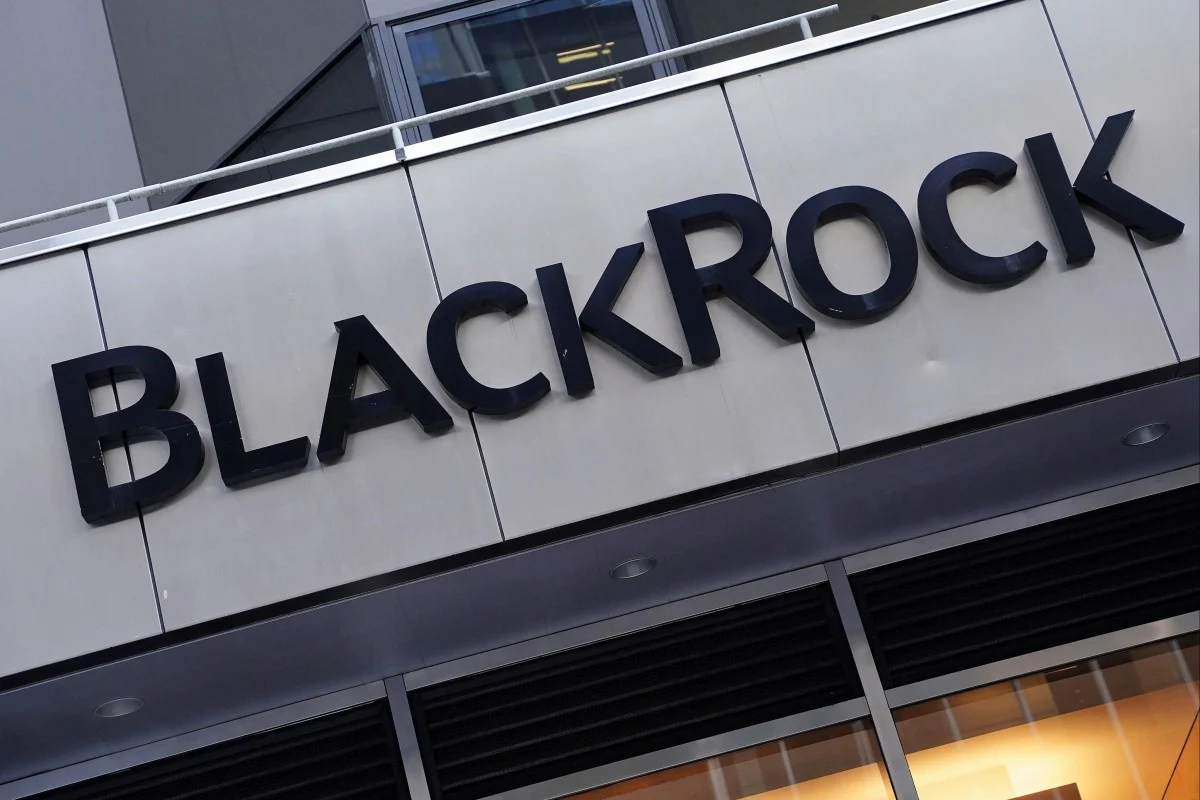French utility group Suez is currently assessing its water infrastructure assets in China as part of a broader strategy to streamline its global operations, according to individuals familiar with the matter. With backing from BlackRock, Suez is reportedly working alongside HSBC Holdings to evaluate various strategic options for its Chinese business. Although discussions remain in the early stages, Suez has discreetly reached out to a number of potential buyers to explore interest. Sources indicate the Chinese water assets could be valued at over US$1 billion, and Suez is expected to request non-binding bids soon.
While these deliberations may not necessarily result in a sale, the company is seeking to understand market appetite before making a final decision. Suez could ultimately choose to retain the assets depending on the quality and structure of the offers it receives. A spokesperson for Suez acknowledged that the company is conducting a market review of its operations, although there is currently no formal plan to divest its Chinese holdings. HSBC has declined to comment on the matter.
Suez has had a long-standing presence in China, having entered the water sector there in 1975. The company was among the first international investors in the country’s environmental industry and maintains a wider footprint across Southeast Asia, including operations in Singapore, the Philippines, Vietnam, and Indonesia. In 2021, Suez acquired approximately US$843 million worth of waste and water infrastructure from NWS Holdings across mainland China, Hong Kong, Macau, and Taiwan. This move came at a time when Suez was trying to fend off a takeover attempt by Veolia Environnement.
Following the completion of Veolia’s acquisition of Suez in 2022, about half of Suez’s assets were sold to a consortium led by Meridiam and Global Infrastructure Partners (GIP) to address antitrust concerns. GIP was later acquired by BlackRock in a US$12.5 billion deal, reinforcing its influence over Suez.
If Suez proceeds with a sale of its Chinese water assets, it would mirror other recent moves by major French companies withdrawing from China. Carrefour sold an 80 percent stake in its China business for around US$700 million in 2019, and Decathlon is now reportedly exploring a partial sale of its China operations. These developments reflect a broader trend of European firms reassessing their footprint in the Chinese market amid evolving global business dynamics.
READ MORE:
